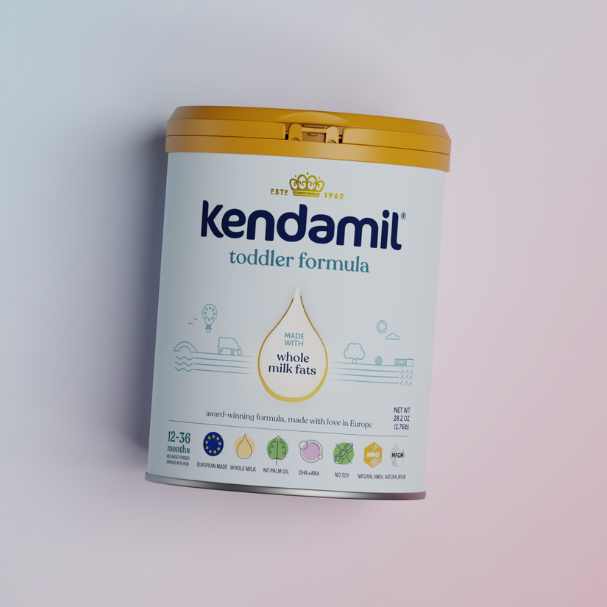
As the crisp winter air settles in, so does the season of sniffles and sneezes. For expectant mothers, looking after their well-being and that of their soon-to-arrive bundle of joy becomes super important! In this blog, we'll explore some handy tips to shield mom-to-be and baby from the winter bug brigade.
Mindful Hygiene Practices:
Handwashing is a simple yet powerful defense against winter bugs! Encourage proper hand hygiene not only for yourself but also for those around you. Anyone holding your baby should always wash their hands beforehand to prevent the spread of germs. A newborn baby’s immune system is not very strong, so taking extra precautions is always a good idea.
Consider keeping a travel-sized hand sanitizer in your bag for on-the-go protection, especially in crowded public spaces. Use this after being in contact with frequently touched surfaces like door handles, light switches, and countertops. This helps minimize the risk of picking up viruses from commonly used areas.
During chilly seasons, open windows periodically for fresh air. This creates essential air circulation, minimizing and dispersing indoor pollutants, including germs.
Minimize contact with unwell individuals, especially those with contagious illnesses. This is crucial with newborns; ask anyone unwell not to visit. If you find yourself around someone unwell, maintain a safe distance and encourage them to take precautions to avoid spreading germs!
Support Your Immune System:
Fueling your body with immune-boosting nutrients is crucial during the winter months. Add a variety of colorful fruits and vegetables to your diet, rich in vitamins and antioxidants. Warm soups are not only comforting but also a great way to incorporate nutrient-rich foods essential for a robust immune system.
Discuss with a healthcare professional for necessary supplements to fortify your immune system. Since winter often means less exposure to sunlight, consider vitamin D supplements, as Vitamin D plays a crucial role in immune function. Infact, a recent study has found that 50% of children ages 1 to 5 have a Vitamin D deficiency! The National Institutes of Health recommends 400 International Units (IU) for infants, and 600IU for kids between 1 and 13 years of age.
Cold & Flu Symptoms in Babies:
Babies can’t tell us what’s bothering them, so knowing the signs and symptoms of illnesses is crucial. Most common cold symptoms are caused by viral infections like RSV (Respiratory Syncytial Virus). In the United States, annual community outbreaks of RSV infections typically occur during late fall, winter, and early spring. Look out for a runny or stuffy nose, sneezing, coughing, mild fever, irritability, and difficulty sleeping. These symptoms usually pass in one to two weeks, but consult a healthcare professional if worried.
Seek urgent medical attention if your baby shows signs like fever (if under 3 months old), difficulty breathing, persistent wheezing, lethargy, signs of dehydration, or if symptoms persist or worsen.
Child Vaccines:
Your baby can have vaccines from birth, for various infections and viruses. Checkout the CDC page for more information regarding when your child is eligible for a vaccination, and which ones they are eligible for. If you have any worries or questions regarding vaccines, be sure to ask your healthcare professional.
Prenatal Appointments:
Regular prenatal check-ups are essential for monitoring both mom and baby's health. Currently, CDC routinely recommends Tdap (helps against whooping cough) and flu shots during pregnancy. Ensure you're up to date with immunizations for adequate protection against prevalent winter illnesses.
Bundle Up:
Dress in breathable layers to regulate body temperature for both you and baby. Invest in warm, insulated footwear and dress your baby in layers, including a blanket for extra warmth. Pay attention to your baby's comfort and adjust layers as needed when transitioning between indoor and outdoor environments.
Looking After Your Body When Pregnant:
Stay hydrated, as winter's chill can deceive the need for less water. Ensure you're drinking enough to support the immune system and combat common winter ailments. Maintain a gentle exercise routine with pregnancy-friendly workouts and incorporate stress-relief techniques like meditation.
By giving you and baby all the help you can through supplements, vaccines, and immune-boosting foods, you can weather the winter season with ease. If you have any questions, contact your healthcare provider. Stay warm, stay well!














